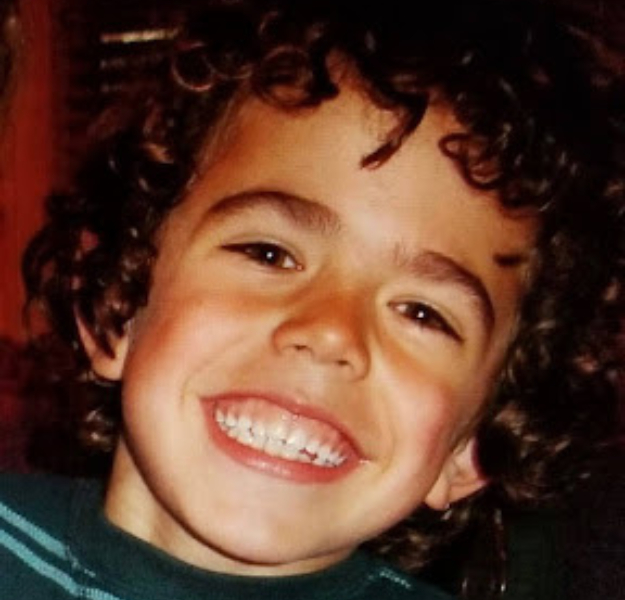
Welcome to my final blog post. I cannot believe we have reached the end of this blog series. Creating these blog posts has been more than a writing page but a blessing. I have learned so much more about the world, the mental health space, and myself. I hope something from the past nine blog posts has resonated with you or shaped your thinking.
For my final blog post, instead of exploring one specific topic, I want to share something more personal: my story.
At the beginning of my life, everything seemed perfectly normal. I was walking, eating, and growing like any other ordinary child. But it was not until one day, when I wandered onto the front porch, that I did not respond to my mother yelling at me. That is when my parents knew something was wrong. I was, in fact, not “normal.” They took me to an audiologist, where they diagnosed me with bilateral sensorineural hearing loss, meaning I was completely deaf, when I was just 17 months old.
My parents were left with a huge decision: either raise me as a child who was completely deaf or take a risk on a cochlear implant surgery, a procedure that did not guarantee me the ability to hear. They chose to take the risk, and it paid off. I was successfully implanted with cochlear implants, electronic devices that help individuals with profound deafness experience sound, at 21 months old.
From here, I attended Weingarten’s Children Center, a preschool that specializes in kids who have cochlear implants. Here, I felt for the first time “normal.” All the kids around me had cochlear implants like mine, and shaped my thinking to the idea that these cochlear implants were ordinary to the world. The comfort of this bubble popped when I mainstreamed into a public elementary school for kindergarten. I suddenly was the only hard-of-hearing kid in the entire school. I was now “different.”
At first, I did not notice how different I was. However, as I got into 2nd or 3rd grade, my differences became more difficult to ignore. Teachers would pull me aside to give me extra support. While I appreciated the support, I also felt embarrassed and disappointed that I struggled with things that came easily to other “normal” kids. So in response, I began to hide that part of my identity.
This reached a point where I refused to use an accommodation out of the fear of being called out as different. The accommodation was an FM System, a microphone that the teacher wore that would amplify their voice, making it easier to hear the teacher. In middle school, where I had multiple teachers, I had to carry the microphone and pass it to my teacher every class. I hated how the microphone highlighted an aspect of my identity that I was not proud of. I just wanted to be viewed as “ordinary.”
Things began to shift when I attended a leadership program in Washington, DC, called LOFT (Leadership Opportunities for Teens). LOFT was a program for teenagers with cochlear implants that also taught leadership skills. This singular week shifted my thinking forever. I met people who embraced their deafness and cochlear implants, and did not view it as a burden. The program granted me the confidence to become more comfortable with my identity.
By the time I attended college, I was nervous all over again that other college students would only view me through the lens of my deafness. However, that would not be the case; the friends I made in college see me for who I am and not for what makes me so-called “different.” I have gradually begun to see myself this way and embrace my identity.
With these experiences, I live by a personal motto:
“It’s not what makes you different; it’s what makes you unique.”
Although my brothers say it is cheesy, for me, it is powerful. It is a reminder that everyone is unique in their own way. Whether a person has a mental health condition, disability, or they are just goofy, they are unique and deserve to be respected and loved.
People have asked me: If you had the choice to go back in time and choose not to be deaf, would you? My honest answer is no. My deafness makes things challenging, but I would not be who I am without this experience. My deafness shaped who I am and my story, and I am proud.
Thank you for reading this blog post and tagging along throughout this blog series. I hope that some part of my story spoke to you. If you want to connect regarding deafness, mental health, or anything, I am more than happy to do so via LinkedIn. If you have not read my previous blog posts in this series, check them out.
This is Gabe Golomb signing off from the blog series, “Breaking the Stigma: College Life, Disability, and Mental Health.” Let’s continue loving and embracing each other’s uniqueness and beyond.